Rita Natálio
Fóssil [Terra Batida]
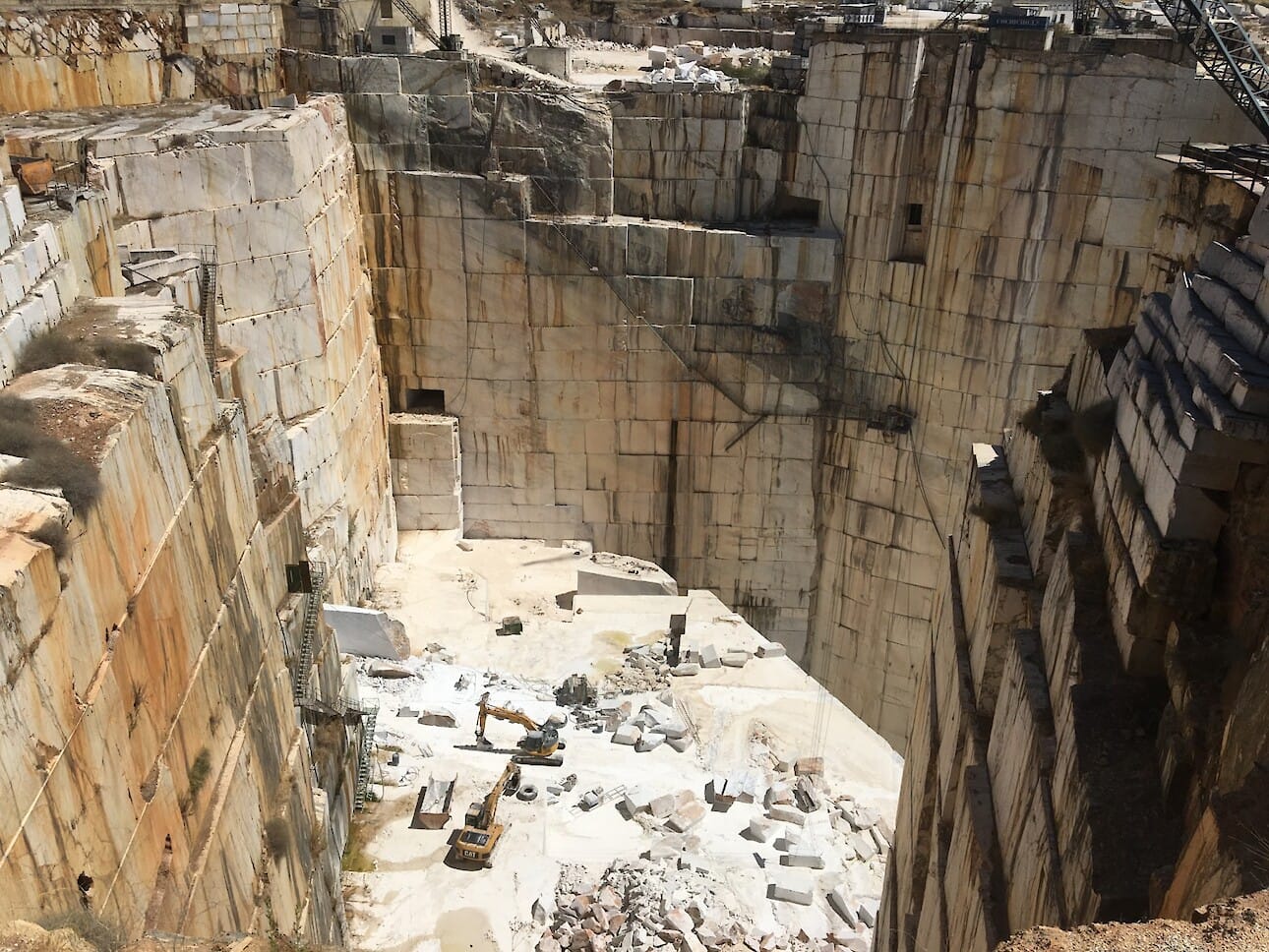
- 26.11 — 27.11 2020
- world premiere
- Teatro São Luiz - Sala Bernardo Sassetti
- This is a free
- but ticketed event
- ages 12+
- 90 min
- in portuguese, with english surtitles
The figure of the zombie was central to our understanding of capitalism and the concept of biopolitics in the 20th century. The figure of the fossil — extracted from the Earth having accumulated time or history — invites us to think about the generalised crisis that many people call the Anthropocene. This performance makes a fossil of contemporary extractivism and reflects on how geology and processes that occur inside the Earth are inscribed in human history.
Fóssil [Fossil] is a book and a performance where language takes on different scales and exposes itself to sabotage. Fóssil is accompanied in the space by a series by works by visual artist Hugo Canoilas, resulting from a version of the performance created for the finissage of "Antes do Início e Depois do Fim", curated by Sara António Matos and Pedro Faro at Atelier-Museu Júlio Pomar.
There performances are followed by conversations (in Portuguese only) with João Prates Ruivo, Greve Limática Estudantil, and Climáximo.
- November 26th João Prates Ruivo - “Solos Antropogênicos: fabulando um Instituto dos Solos em Portugal”
- November 27th Climáximo (Carlos Godinho) e Greve Climática Estudantil (Andreia Galvão e Sofia Oliveira)
Terra Batida is a constellation of people, practices and knowledge taking a stand against ecological violence and politics of abandonment. Local knowledge of socio-environmental conflicts combined with an active network create a context for resistance to extractive abuses and, also, for practices of care — speculation, fabulation, and building visions and reflections of the future for our weary, worn-out worlds. All Terra Batida events at the Alkantara Festival are free to attend.
Concept and text Rita Natálio Sound Rui Antunes Painting, menhir, and sculpture Hugo Canoilas Text References Elizabeth Povinelli, Katryn Yussof, Karen Pinkus, Malcolm Ferdinand Miguel Rego, Jornal Mapa Artistic assistance João dos Santos Martins Translated by Tiffany Higgins Rehearsal spaces and arts residencies MDance, Espaço Alkantara, Estúdios Victor Cordon, PENHASCO With the support of Fundação Calouste Gulbenkian
Rita Natálio is an artist and researcher. Her work relates poetry, writing, and performance. She is a doctoral candidate in Artistic Studies at the New University of Lisbon (Portugal) and Anthropology at the University of São Paulo (Brazil). She researches the recent debate around the concept of the Anthropocene and its impact on the redefinition of disciplines and esthetics in the relationship between art, politics, and ecology. Lecture-performances include Antropocenas (2017) with João dos Santos Martins and Geofagia (2018). In 2019, she was part of the curatorial team for a film programme featuring Indigenous filmmakers from Brazil at the Gulbenkian Foundation in Lisbon. In 2020, she co-organised a seminar called “Repolitcisizng the Anthropocene” as part an international project, Anthropocene Campus Lisboa. She co-organises, with André e. Teodósio, the editorial imprint Ed. ______ focussing on performing arts and systems of power and protest.
Hugo Canoilas is a visual artist and recent winner of the Kapsch Art Prize (Austria). His work has been exhibited at Frankfurter Kunstverein, De Appel, Fundação Calouste Gulbenkian, Bienal de São Paulo, Kunsthalle Wien, Museu do Chiado, Mumok, and Museu de Serralves. He co-edited OEI#80-81: The zero alternative: Ernesto de Sousa and some other aesthetic operators in Portuguese art and poetry from the 1960s onwards with Cecilia Groenberg, Jonas (M) Magnusson, and Tobi Maier. He created the collective project A Gruta at Galeria Quadrado Azul in Lisbon and directs the Guimarães art space in Vienna with Nicola Pecoraro, and Christoph Meier.
João Prates Ruivo studied architecture in Lisbon and Rotterdam. He founded FORA, an architecture practice, with Raquel Oliveira and João Fagulha. He lectures at Syracuse University in London, and previously taught at the University of Liverpool and Goldsmiths University, where he is currently a doctoral student. His project, Soil Politics, addresses the technical transformations of soil after World War II, particularly the role of reconnaissance missions in the territorial reconfiguration that occurred during the anti-colonial conflict in Angola. He currently researches practices of resistance in the context of ecological transformations resulting from the intensive farming practices in the Alqueva, Alentejo.
Pólen is a platform providing video coverage of environmental conflicts in Portugal and actions of resistance such as protests, actions, discussions, and solutions. Their archive covers over 120 conflicts in agriculture, industry, mines, residues, energy, mega projects, and land governance.
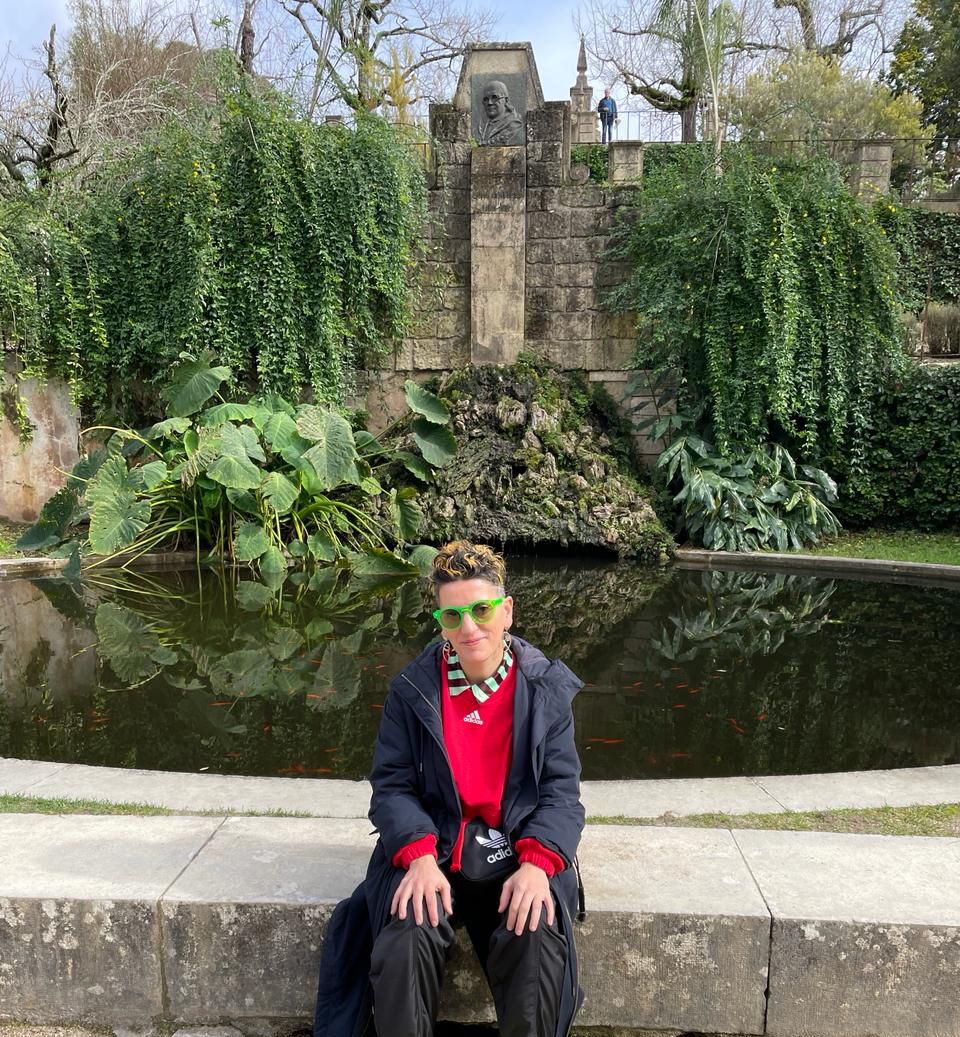
Artist and researcher. His practice spans essayistic writing and performance, encompassing creation, teaching, research, and the curation of public programmes. He has organised a series of lecture-performances exploring the relationship between language and geology, presented internationally across art spaces, theatres, and academic contexts: Antropocenas (2017) with João dos Santos Martins, Geofagia (2018), and Fóssil (2020). One of his most recent works — Spillovers (2023) — proposes a fabulated, collective reinterpretation of Lesbian Peoples: Material for a...
Related articles:
- 15.11.2020
- Earthways
- Talks
Terra Batida
Terra Batida: Introducing the network
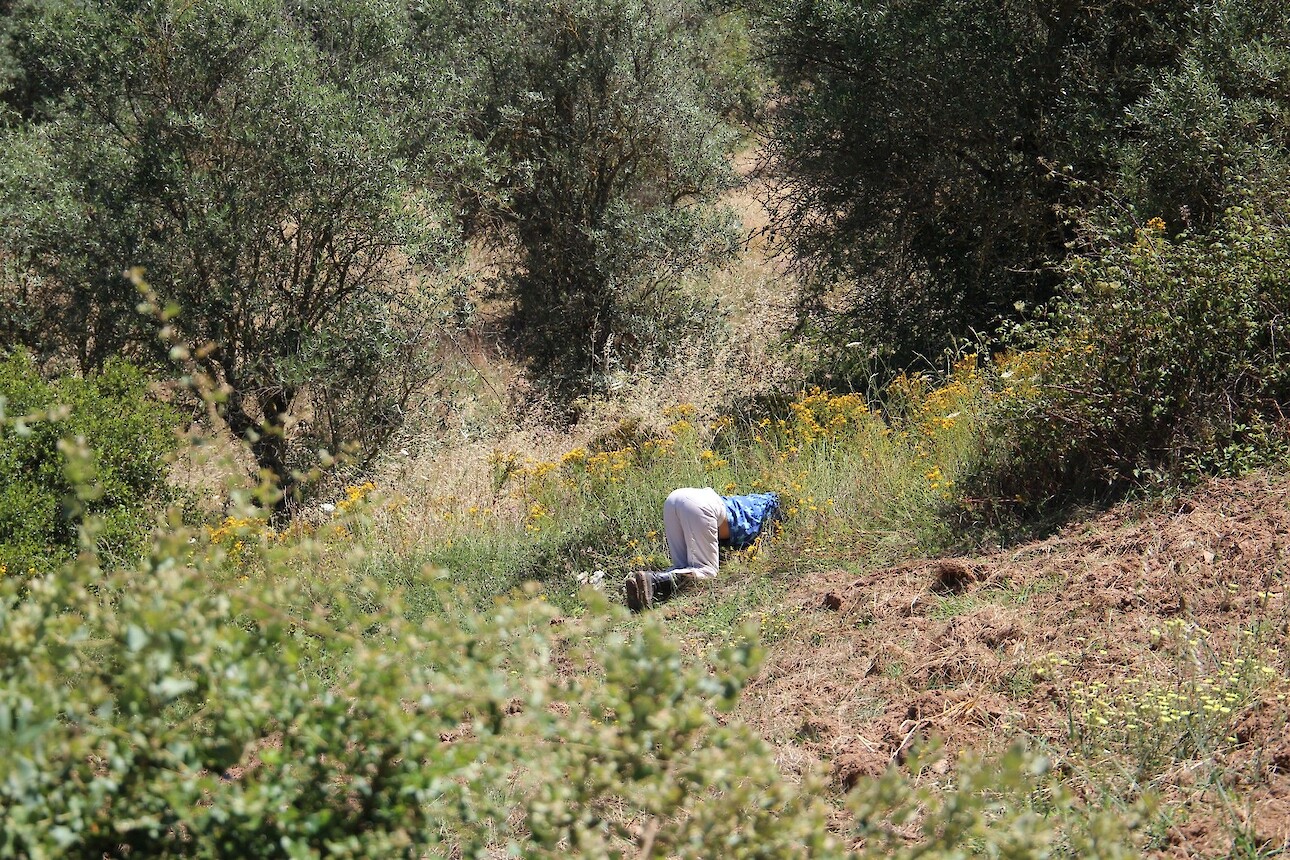
- SUN 15.11.2020 4:00 PM
- Earthways
- Talks
- 16.11 - 17.11.2020
- Performances
- Earthways
Joana Levi
Rasante [Terra Batida]
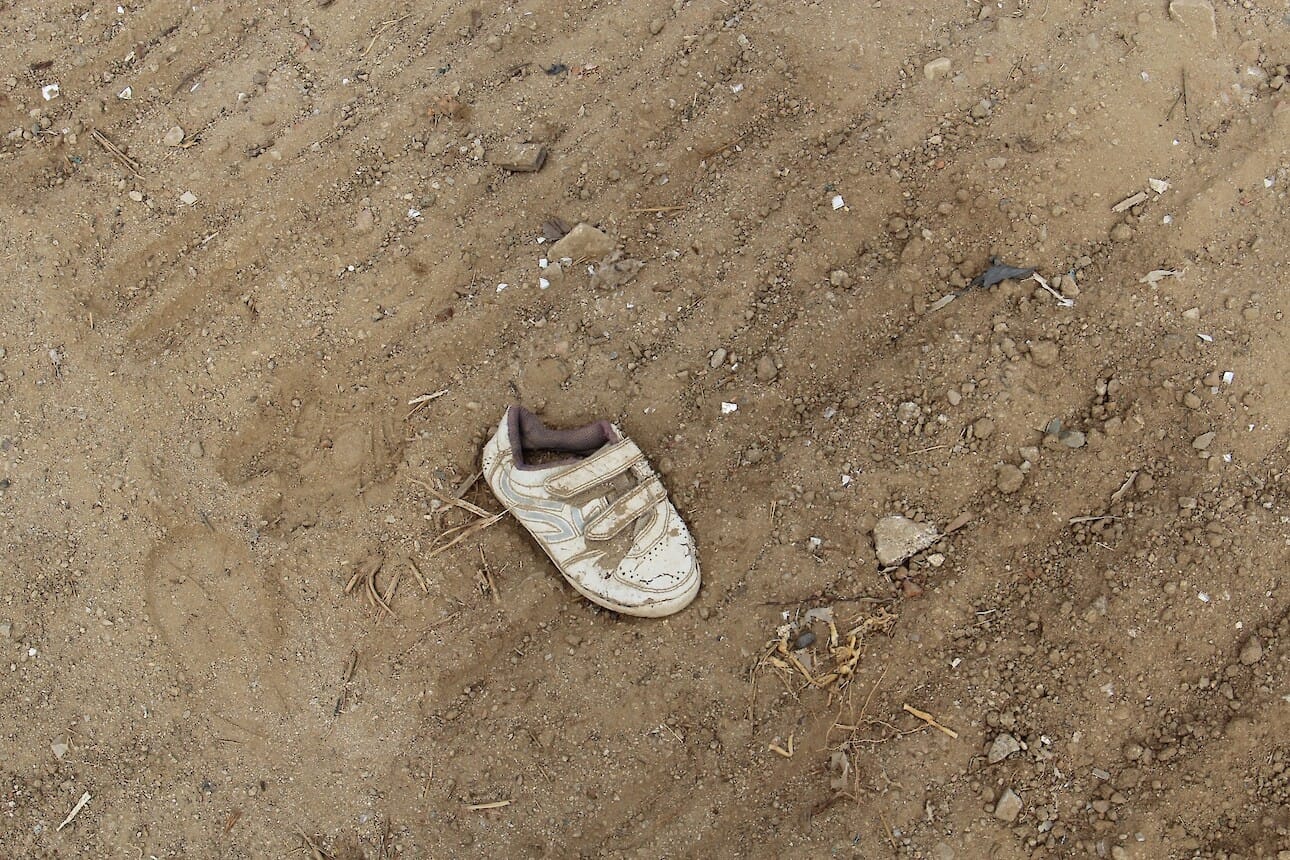
- MON 16.11.2020 7:30 PM
- TUE 17.11.2020 7:30 PM
- Performances
- Earthways
Double bill with Superintensiva by Marta Lança
- 16.11 - 17.11.2020
- Performances
- Earthways
Marta Lança
Superintensiva [Terra Batida]
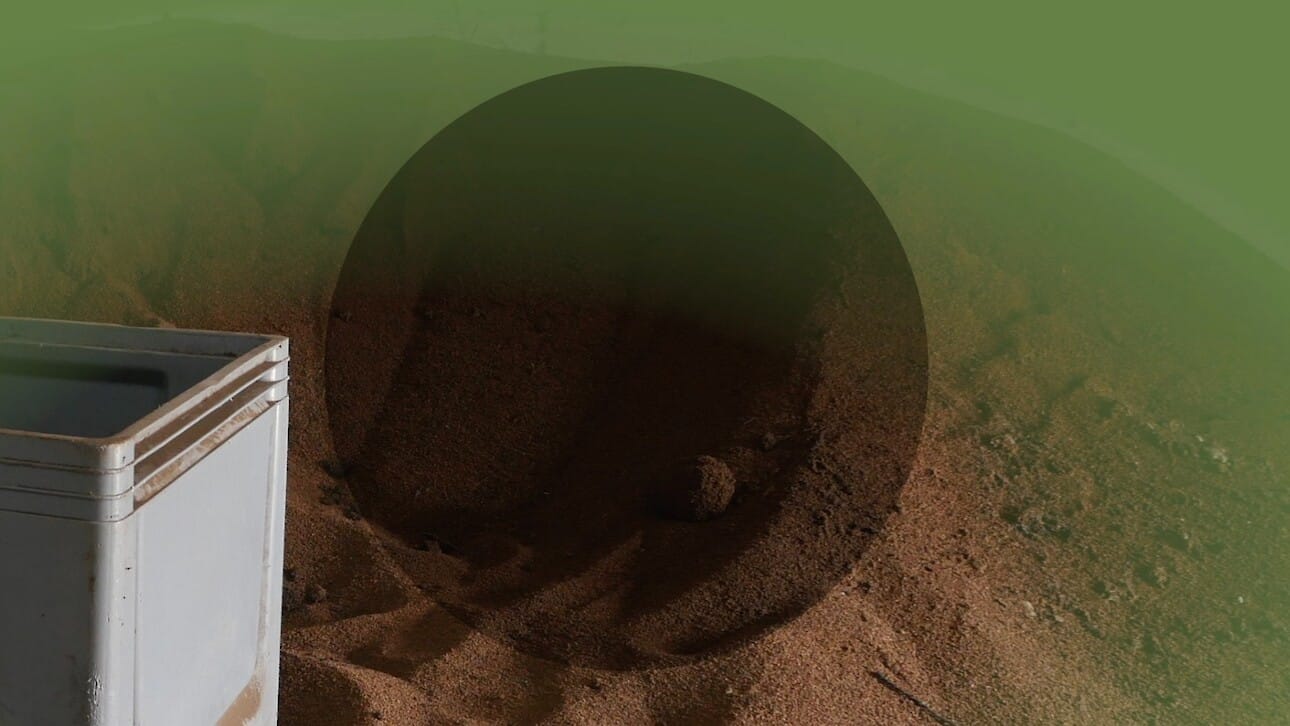
- MON 16.11.2020 7:30 PM
- TUE 17.11.2020 7:30 PM
- Performances
- Earthways
Double bill with Rasante by Joana Levi
- 19.11.2020
- Performances
- Earthways
Sílvia das Fadas (with Francisco Janes)
Light, Blaze, Fulgor [Terra Batida]
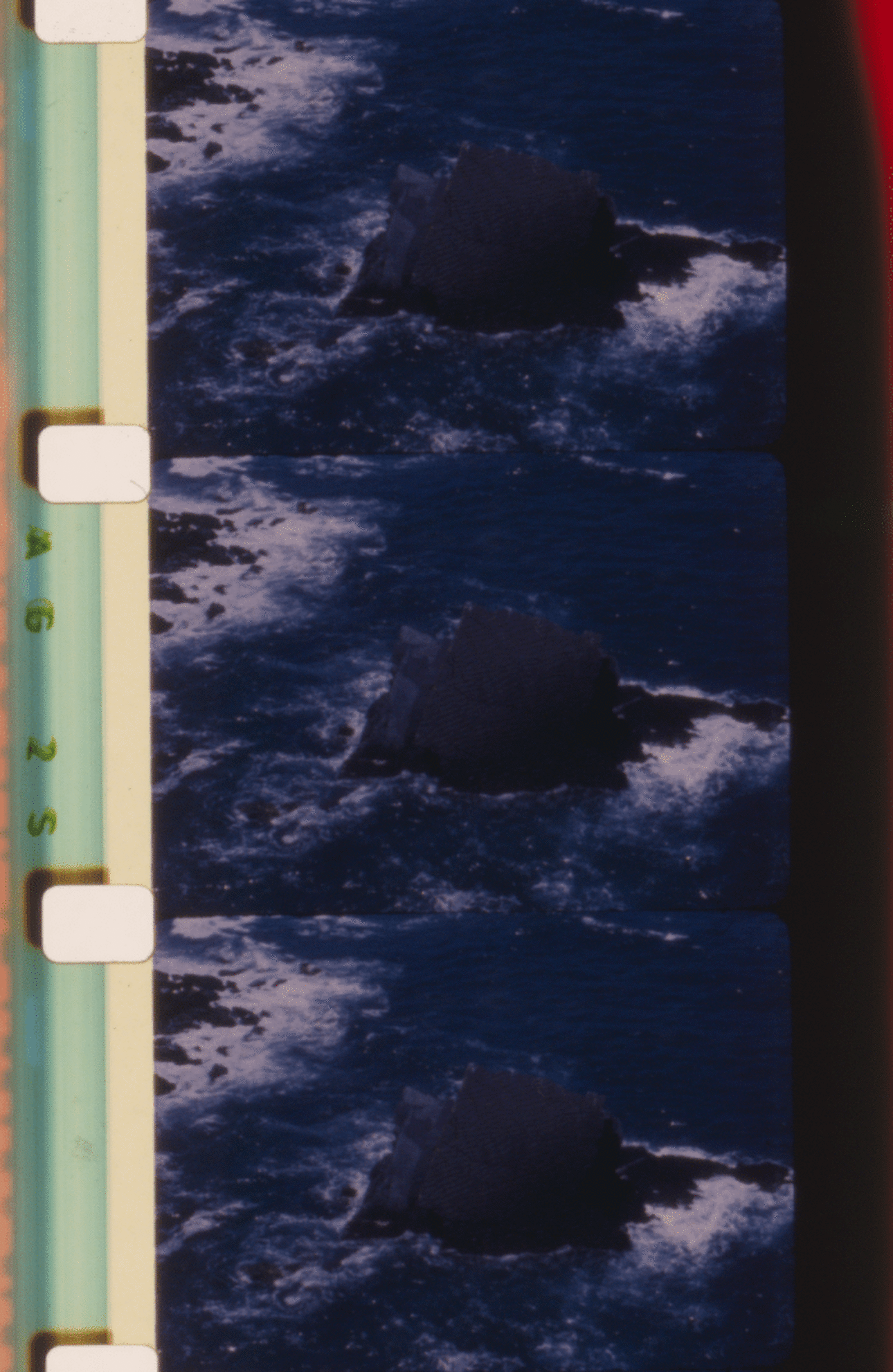
- THU 19.11.2020 7:00 PM
- Performances
- Earthways
Light, Blaze, Fulgor: Auguries for a Non-hierarchical Framing and Flourishing
- 20.11.2020
- Earthways
- Research
Ana Rita Teodoro
A Reading of Vegetable Beings [Terra Batida]
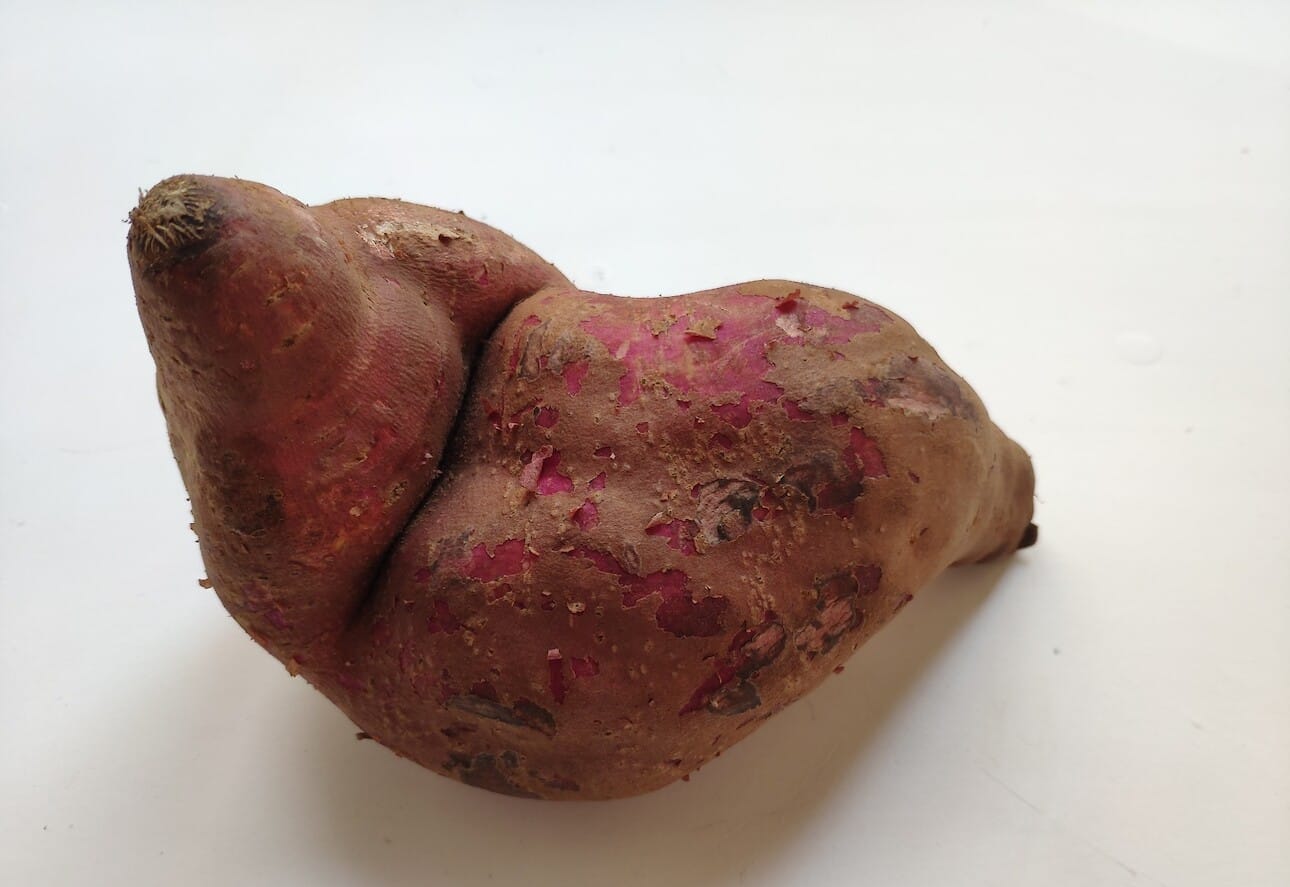
- FRI 20.11.2020 7:00 PM
- Earthways
- Research
A Reading of Vegetable Beings: oracles for the re-enchantment of the Earth
- 23.11 - 24.11.2020
- Earthways
- Research
Maria Lúcia Cruz Correia and Vera Mantero
JURISPLÂNCTON [Terra Batida]
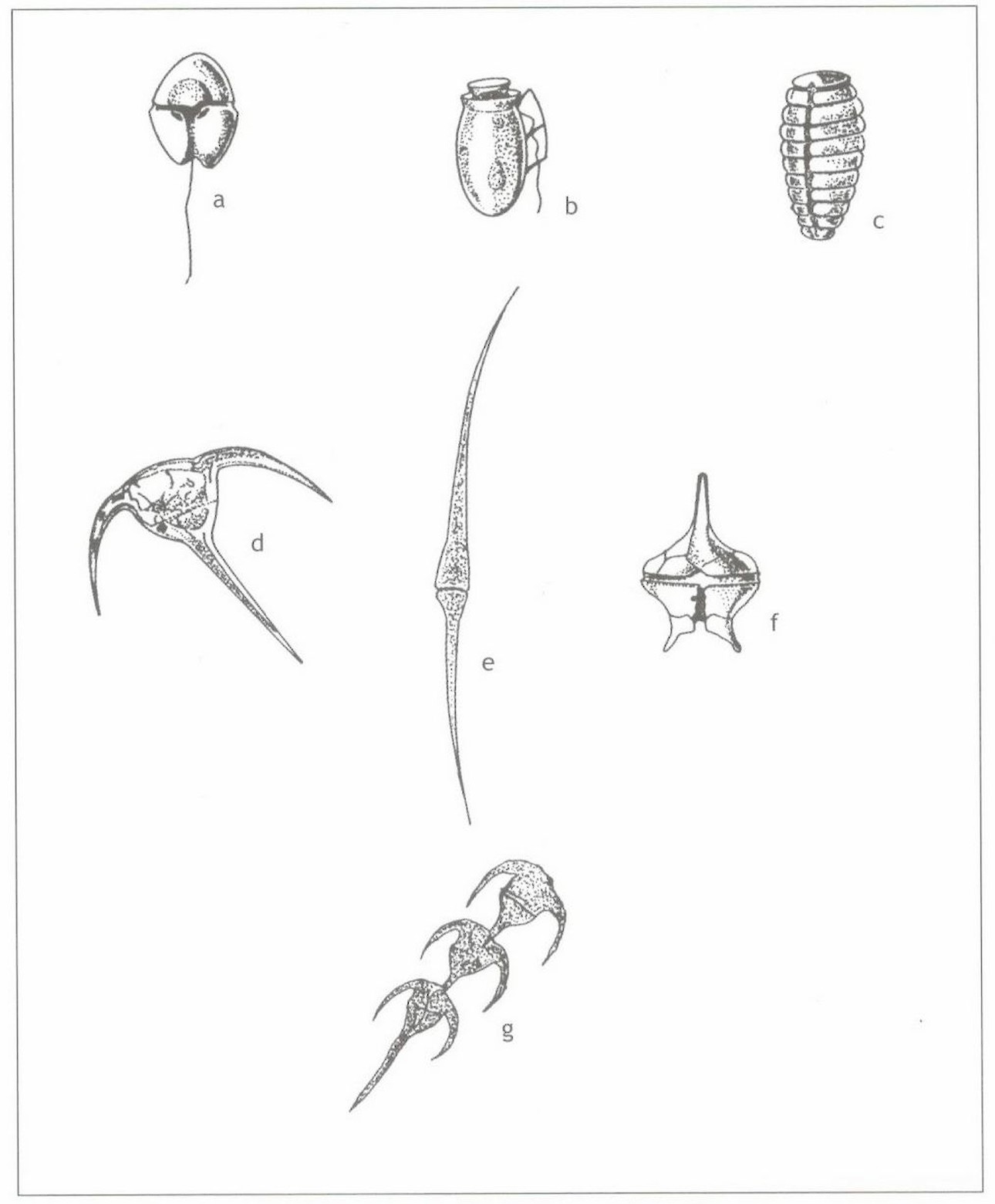
- MON 23.11.2020 7:00 PM
- TUE 24.11.2020 7:00 PM
- Earthways
- Research
Nov 23th - Maria Inês Gameiro Nov 24th - Margarida Mendes